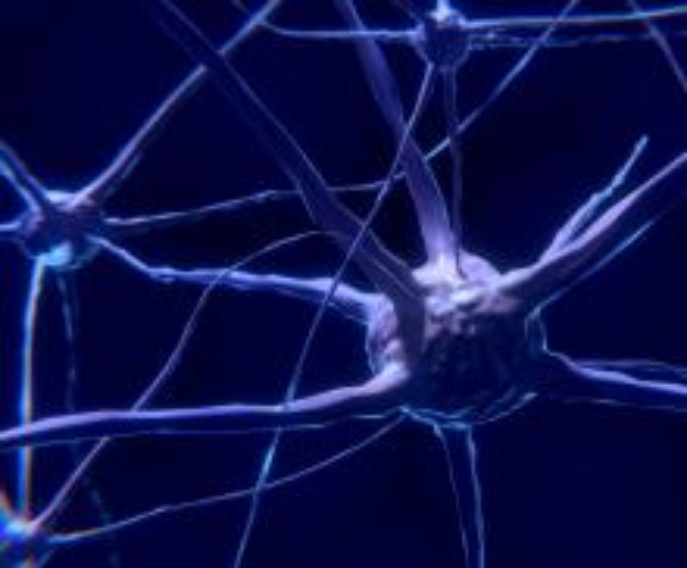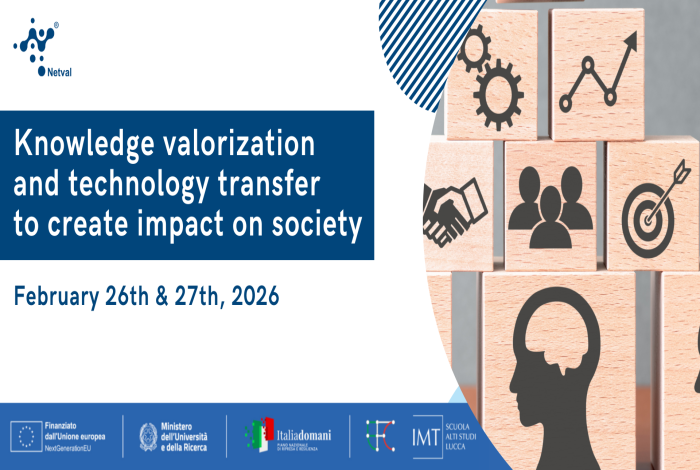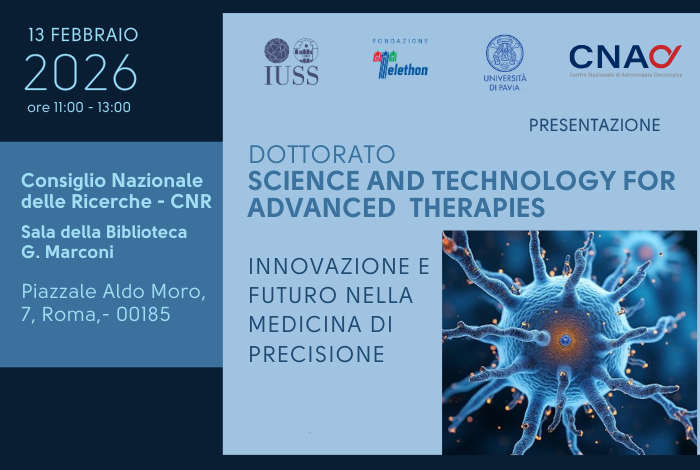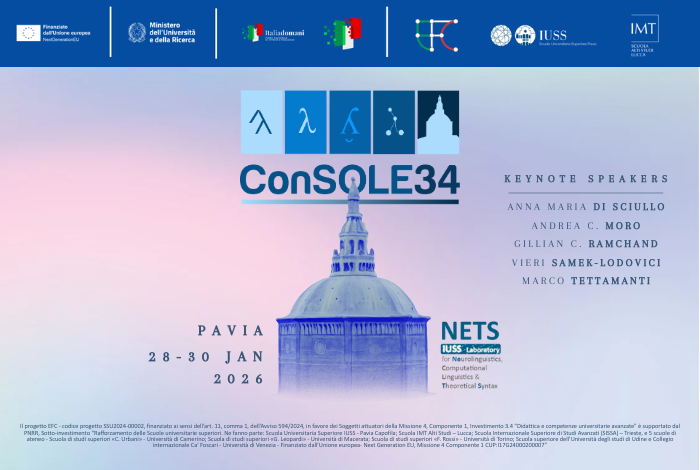The understanding of human beings, of their role in the natural world and of what characterizes them as biological systems and as social and cultural animals, still remains today, and perhaps more than in the past, at the center of theoretical and scientific reflection. The study of the acquisition, structure and alterations of the neuro-cognitive mechanisms which underlie the processes of reasoning, natural and artificial language, the ability to compute and logical inference, decisions, emotions, and every other aspect of our intellectual and social life is essential to understand the natural basis of human thought and behavior under normal and pathological conditions. However, it also requires to account for those aspects which may not be reducible to such formal, empirical and quantitative analyses, starting from the nature of mind, conscience and linguistic creativity as distinctive traits of the human being.
The ideal pivot for studies on cognition and on the mind can be found, on the one hand, in the analysis of possible human languages and of language in its syntactic, computational, semantic and pragmatic aspects, and on the other, in the heterogeneity of the specific languages of the disciplines which take charge of examining human (biological and non-biological) nature: those of the empirical sciences and mathematical sciences, the natural and the artificial ones, those of literature and the arts and those of ethics and law. Last but not least, alongside these analyzes, historical reflection on the development of the various disciplines in question characterizes this theme, in the awareness that not only does this reflection play the role of an erudite recording of knowledge but in outlining its path it suggests possible trajectories for the future.
Theme 1 therefore favors that reciprocity and those disciplinary connections which are indispensable for a complete and exhaustive investigation of what belongs to the human being as an individual and as a society.

RESEARCH CENTRES
Iuss Cognitive Neuroscience Center - ICoN
Linguistics & Philosophy IUSS Center - L&PIC
LABORATORIES
Cognitive Neuroscience Lab IUSS-Maugeri
Laboratory for Neurolinguistics, Computational Linguistics and Theoretical Syntax - NeTS
Laboratory of Neurolinguistics and Experimental Pragmatics (NEPLab)
Under the identity theme "Mind Body Languages", IUSS promotes the following doctoral programs:
- Cognitive Brain Sciences
- Cognitive Neuroscience and Philosophy of Mind
- Biomolecular Sciences and Biotechnology
- The Human Mind and its Explanations: Language, Brain and Reasoning (HuME)
- Theoretical and Experimental Linguistics
All IUSS Graduate School doctoral programs have been accredited as innovative (international, interdisciplinary or intersectoral) by the ANVUR Agency.
News


